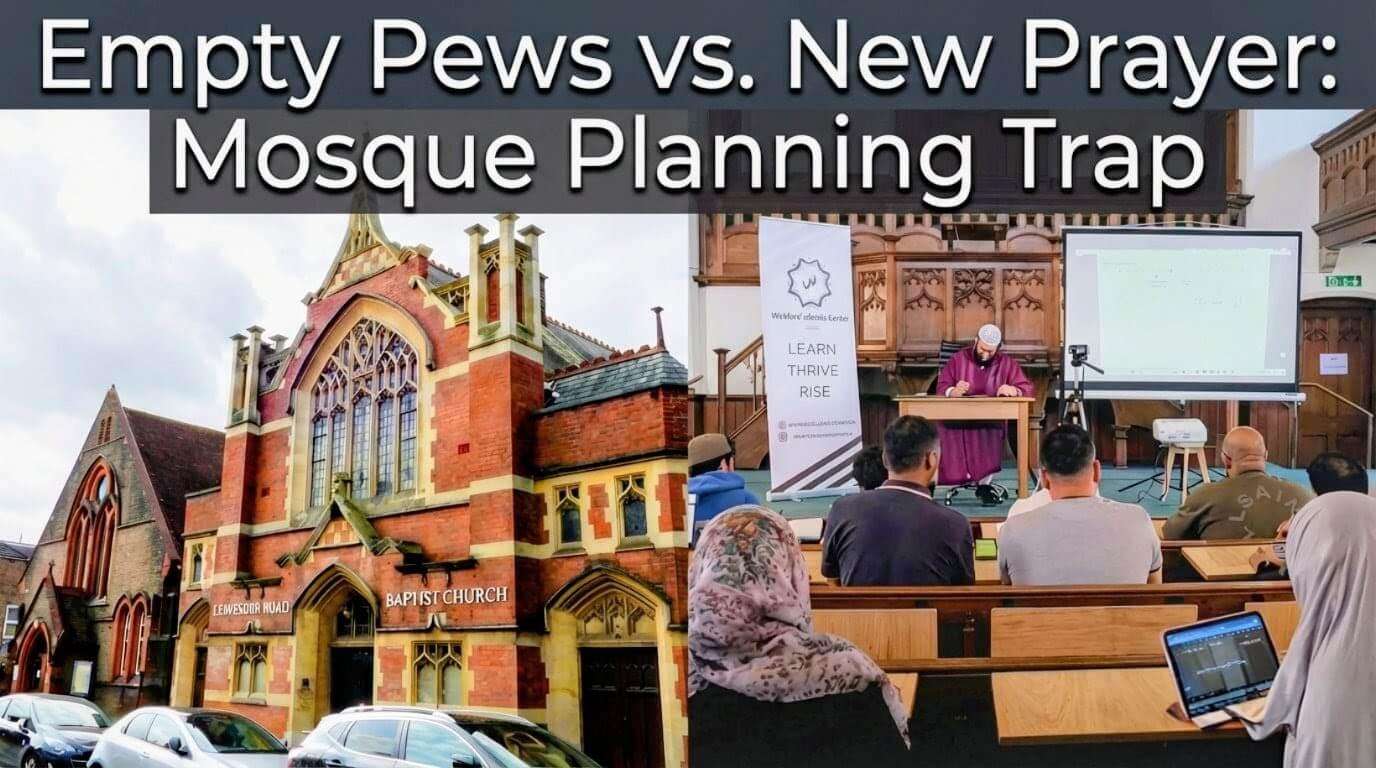The United Kingdom has radically restructured its Skilled Worker visa system, formalising a time-limited pathway for 82 in-demand roles under the new Temporary Shortage List (TSL). However, this measure—introduced following a surge in net migration to over 906,000—comes with a stringent new financial barrier and a major restriction, effectively shutting the door for many mid-skilled applicants, including those from key sourcing countries like Bangladesh.
The TSL, which replaces the former Shortage Occupation List (SOL) and operates alongside a revised Immigration Salary List (ISL), is a direct response to the government's dual policy goal: filling critical labour gaps in sectors like defence, life sciences, and creative industries, while simultaneously tightening immigration controls. Effective since the July 2025 Immigration Rules changes, the TSL is a temporary measure, set to expire on 31 December 2026.
The New Economic Reality for Creative and Technical Roles
The jobs on the TSL—ranging from Authors, Writers, and Translators to Bricklayers, Welders, and IT Technicians—are primarily assessed at the Regulated Qualifications Framework (RQF) Level 3 to 5. Previously, these roles offered a significant salary discount.
The new landscape requires nearly all new Skilled Worker visa applicants to meet an unprecedented general minimum salary threshold of £41,700 per year, or the job's going rate, whichever is higher.
Crucially, workers sponsored for these RQF 3-5 TSL roles face an additional restriction: they are explicitly prohibited from bringing dependants (partners or children) to the UK. This is a significant policy shift that diminishes the attractiveness of these positions for family-oriented professionals.
Affordability: The Bangladesh Context
For skilled migrants from countries like Bangladesh, where professional salaries are markedly lower than in the UK, the \text{\textsterling}41,700 minimum threshold presents a near-impossible barrier for most TSL occupations. While certain discounted routes exist—such as the \text{\textsterling}33,400 minimum for 'new entrants' or those in roles on the limited Immigration Salary List (ISL)—these discounts are complex and only apply if the salary still meets the full going rate for the specific job code.
For example, a Bricklayer (5313), though on the TSL, might have an hourly going rate that, when annualised, still exceeds \text{\textsterling}33,400. If the job's true going rate is higher than the statutory minimum, the higher rate must be paid. This means that, realistically, only highly-experienced professionals in RQF 6+ (degree-level) roles in high-demand fields like senior IT, Finance, or the highly-specialised Health sector will find a viable, long-term migration route with the capacity to bring family.
Dazzling Dawn Analysis: The Impending Policy Review
The sunset clause of the TSL in December 2026 signals a market uncertainty that cannot be sustained long-term. Employers across construction and the creative industries will struggle to secure a workforce under such tight deadlines and restrictions.
Future Job Landscape: The government's focus on its Industrial Strategy suggests future shortage lists will heavily favour Digital Technologies, Green Energy Engineering, and Advanced Manufacturing. Expect a lobbying effort to place more niche, RQF 6+ roles like VFX Artists, AI Specialists, and Senior Games Developers onto a revised, permanent list with sector-specific salary concessions. The ongoing, critical shortages in the NHS mean roles like Registered Nurses and specialist health technicians, which already benefit from slightly lower thresholds, will continue to be a primary source of recruitment.
Next Steps Prediction: Our analysis suggests the TSL is a political stop-gap. Given the economic impracticality of filling jobs like bricklaying and junior creative roles at a \text{\textsterling}41,700 salary without dependants, the MAC will likely recommend a successor system. This successor is predicted to either:
- Eliminate RQF 3-5 roles entirely post-2026, forcing employers to accelerate domestic training.
- Introduce a highly targeted 'Regional Needs' list which offers genuine, lower salary discounts (e.g., 70% of the going rate) for specific RQF 3-5 construction or infrastructure roles, but will likely retain the no-dependant rule to maintain the government's high-migration reduction figures.
For new applicants from Bangladesh, the strategy must be a focused pursuit of high-value, degree-level qualifications in a UK-priority sector, as the mid-skilled, family-inclusive route has been virtually dismantled.








.svg)


